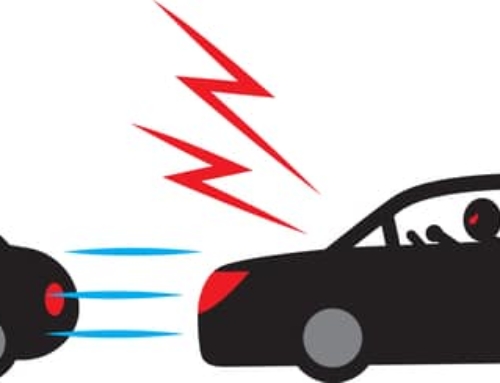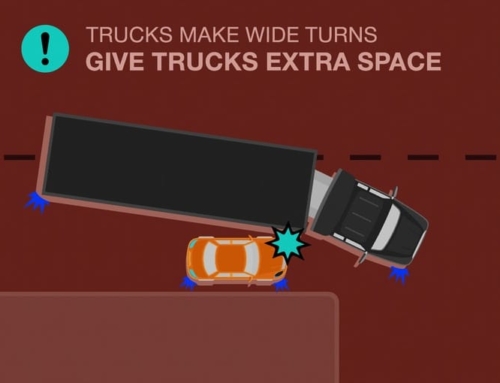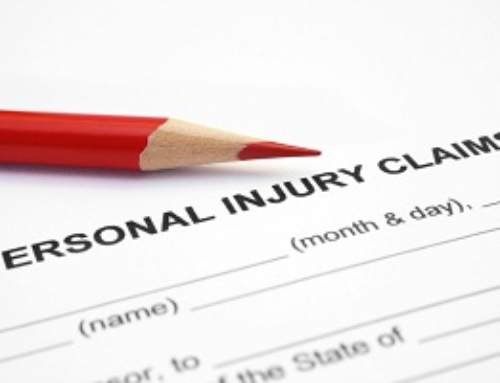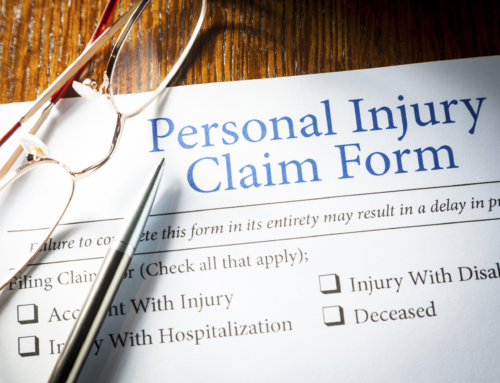In a rare plaintiff-friendly decision out of the Texas Supreme Court, the Court considered the validity of the Unlawful Acts Doctrine as an affirmative defense in a personal injury or wrongful death lawsuit, and held that the doctrine does not bar a plaintiff’s recovery.
If the Unlawful Acts Doctrine applied, a victim in a personal injury claim was completely barred from any recovery for injuries if the defendant could show that the plaintiff was engaged in an illegal act at the time of the injury, and that the unlawful act caused the injuries.
In the instant case, Dugger v. Arredondo, the Court decided that the Texas legislature’s adoption of Chapter 33 of the Civil Practice and Remedies Code, referred to as the Proportionate Responsibility Act, was evidence of the legislature’s intent to invalidate the common law doctrine, and that responsibility should be apportioned according to the statute.
As such, a plaintiff’s potential recovery is not barred because he or she was engaged in an unlawful act that led to the injury, rather their recovery is simply reduced by their proportion of liability. For example, if the plaintiff is found to have been 20% responsible for the injuries, they would only recover 80% of the award. What does this mean for Texans injured in car accidents, trucking accidents, or other types of accidents? It means that their claims will no longer be barred by application of the Unlawful Acts Doctrine.
For more information on the Texas Unlawful Acts Doctrine contact the legal team at Barrus Injury Lawyers today.





